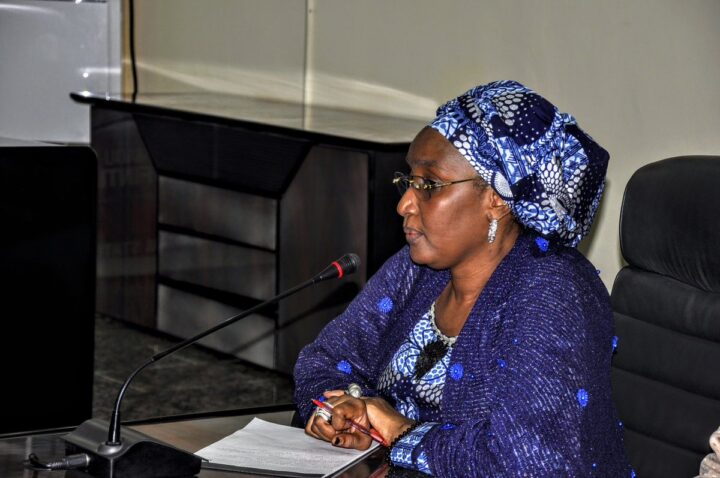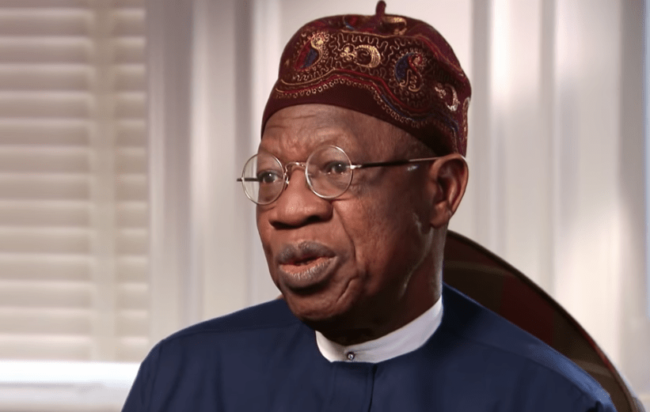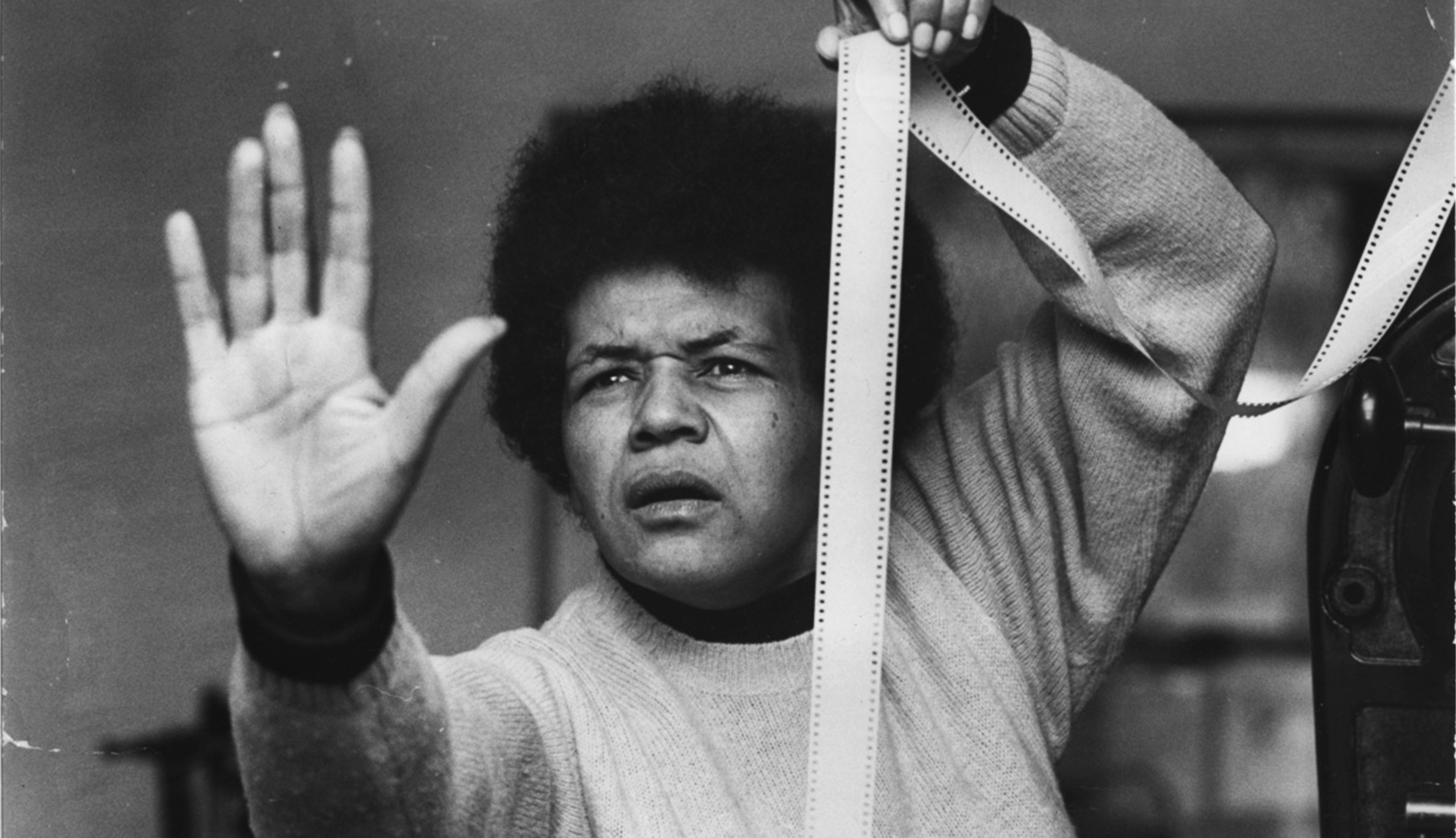The novel event of the very recent has indubitably shown that when we are confronted with a grave existential crisis, all other things hitherto considered essential pales into insignificance. In the wake of the outbreak of the neoteric Coronavirus Disease (code-named COVID-19), several institutions’ services were suspended, banned or temporized by government. The Courts, established for the administration of justice, have not been spared.
On March 23rd 2020, the Chief Justice of Nigeria, Justice Tanko Muhammad directed the suspension of judicial activities in courts nationwide for two weeks. Muhammad, in a statement by the spokesman for the Supreme Court, Dr. Festus Akande, said the need to urgently halt court sittings was informed by the glaring threat of the COVID- 19 pandemic. On April 6th, 2020, and following expiration of the initial 14-day closure directive, the CJN extended the closure of the courts indefinitely, save “to dispense matters that are urgent, essential or time bound in line with our extant laws.”
In similar fashion, the Chief Judge of Lagos State, the nation’s commercial capital, made a notice on 30th March, 2020, suspending all courts’ activities till further notice. The only exempted cases, according to the circular, are remand/bail applications relating to terrorism, armed robbery, homicide and other non-bailable offences, which are to be heard on Mondays, Wednesdays and Fridays between the hours of 10.00am and 1.00pm each day. This was in furtherance of the directives of the governor of Lagos State made on 24th March, stating, inter alia: “The Chief Judge of Lagos has been directed to ensure that all Magistrate and High Courts in the state close immediately to the public and suspend all court sittings; and much as is possible, essential services should be transacted electronically.” Several other state governments have made pronouncements bolting judicial activities.
Without a doubt, the above-stated decreed closure of the temple of justice in Nigeria has raised multiple concerns and issues concerning administration of justice in Nigeria. These concerns have been further goaded by the lockdown of some major states and cities by the Federal Government of Nigeria. Almost all state governments have also issued stay-at-home orders to civil servants and private employees alike in their respective jurisdictions.
Advertisement
Foremost amongst the issues implicated by the closure of the courts is the concern about denial of right of access to justice. Right of access to justice is an immutable constitutional right which cannot be taken away by any other law, save where there is a superior or compelling reason to do so, and in a manner allowed by a law that is reasonably justifiable in a democratic society. Nonetheless, every civilized society is to design both substantive and procedural mechanisms to ensure that citizens have the opportunity of seeking redress for the violation of their legal rights within its legal system “at all times”. Importantly, it is only when individuals have access to the courts that they can espouse and seek for the protection of their basic rights.
It is vital to point out that, during this shutdown of courts and other institutions, there have been rising cases of human rights abuses and other sensitive cases. There is also the impending rise in domestic violence cases during the lockdown. The question is how do victims of abuse get recompense during this challenging time?
Similarly, the eruption of COVID-19 and the resultant lockdown have drastically affected the criminal justice system of Nigeria, and have brought the wheel of justice to a halt. With the exception of the recent arraignment, summary trial and conviction of a popular actress, Funke Akindele and her husband for flouting the lockdown and social distancing directives of the
Advertisement
Lagos State government, the police and other law enforcement agencies have been unable to arraign numerous arrested suspects during this pandemic and this has thus resulted in the violation of the constitutionally guaranteed rights in Section 35 of the Constitution of the Federal Republic of Nigeria 1999 (as altered).
It is interesting to note that, in a twist of paradox, the way and manner the prosecution of the popular actress was carried out also glaringly violated the offence in the charge preferred against the actress. Notably, all the persons present in the courtroom flouted the social distancing regulation of the state during the trial. These people included the prosecution team, the defence lawyers, pressmen, security agents and others numbering over 50, and who were crammed together in the courtroom and court premises while the trial was on-going. Thus, in a bid to correct a vice, more vices were flagrantly committed and tolerated.
The realities of the present time undoubtedly call for an urgent redesign of the way and manner the law enforcement agencies and courts carry out their statutory activities. A periodic sitting of courts is recommended or in the alternative the Chief Judge of respective states should designate courts for arraignments. Additionally, it is proposed that, pursuant to Section 34 of the Administration of Criminal Justice Act, Magistrates should help checkmate inordinate detention of citizens.
Resolution of civil and commercial disputes, which are central to economic survival, must also not be consigned to the background at this time. Following initiatives in some other jurisdictions, there have been repeated calls for greater use of technology in the courts – in particular, the use of video conferencing. This will no doubt require funding and there are likely to be developments in this regard. The English civil justice system has demonstrated itself to be capable of rapid change as it adapts to the new reality caused by COVID-19. The clarion call from the English courts is that they are open for business, driven by the need to maintain the access to justice, which is fundamental for the functioning of civil society. Nigeria courts should emulate this.
Advertisement
Several jurisdictions are making the requisite legislative modifications and engendering regulatory frameworks to enable court proceedings by video link. This is expected to facilitate the continued administration of justice, at any rate in relation to civil proceedings.
Off the back of the foregoing, virtual hearing rooms are recommended to conduct hearings remotely. The virtual rooms are to be prearranged via the use of commercial digital platforms and can be equipped to create an ambiance resembling face-to-face proceedings. All participants should be visible and audible in the chosen virtual hearing room. Real-time access to shared documentation through means such as screen sharing should also be provided.
There is no better time to adopt the use of remote or non-physical proceedings in dispute resolution than now!
Adamolekun heads the Litigation and Dispute Resolution Practice Group of Kusamotu and Kusamotu.
Advertisement
5 comments








Well written article. How will this be possible when our laws demands trial in public except in certain situations. This calls for a total overhaul of our judicial system so that some matters can be held virtually especially the preliminary stages.
Well done Dayo.
I agree it is important to simplify our adjudication system by making access to court and the entire conduct of proceedings seamless. The case is however not at worse end, for instance; at the Federal and the state high court (in Lagos) video trial via Skype is available and a witness who is outside jurisdiction need not attend the court to be examined or cross examined. We can indeed do better as you have pointed out and we should. Thank you.
Great Idea! The world is changing and Nigeria leading in this area won’t be a bad deal. Management meetings, social engagement, governance and economic activities are becoming virtual and having judicial processes joining the game will be a great achievement.
Well done Mr. Adamolekun. This is a wake up call to the head of our justice system. There is lockdown in Kenya but the courts there are delivering rulings and judgments and hearing urgent criminal and commercial cases through video conference
Hmmmm let me start on a lighter mood “denial of right access to Justice” do we really have access to justice in Nigeria??? My Barrister, good case/course you’re fighting there but personally i will still appreciate it more, if one of ur sited reasons can aswell focus on pending hearings dat falls between dis period of judicial suspension…so as to avoid d saying ‘Justice delayed is Justice denied’
Secondly, like u said “Compelling reasons to do so” I’m not a lawyer but just wanna ask u sir, Is the issue of COVID-19 that is shaking d entire world isn’t compelling enough to do so?? Agreed there are some requisite cases ought to be exempted such as Domestic violence which is bound to even increase during d lockdown,Armed robbery, flouting of govt order etc.
Lastly, I 100% support ur submission on introduction of technology in court proceedings, this would have been the best thing to do at a time as this.